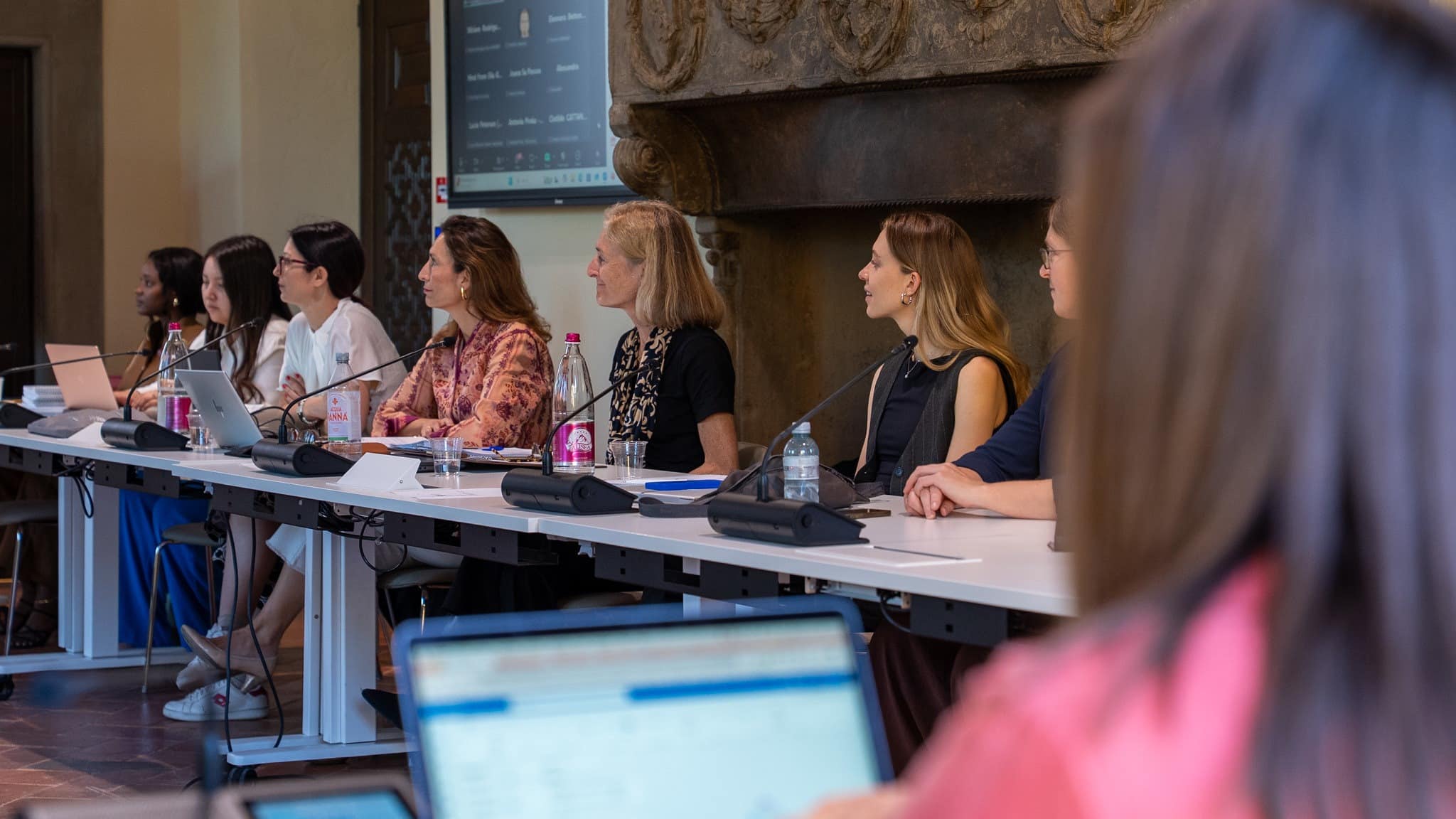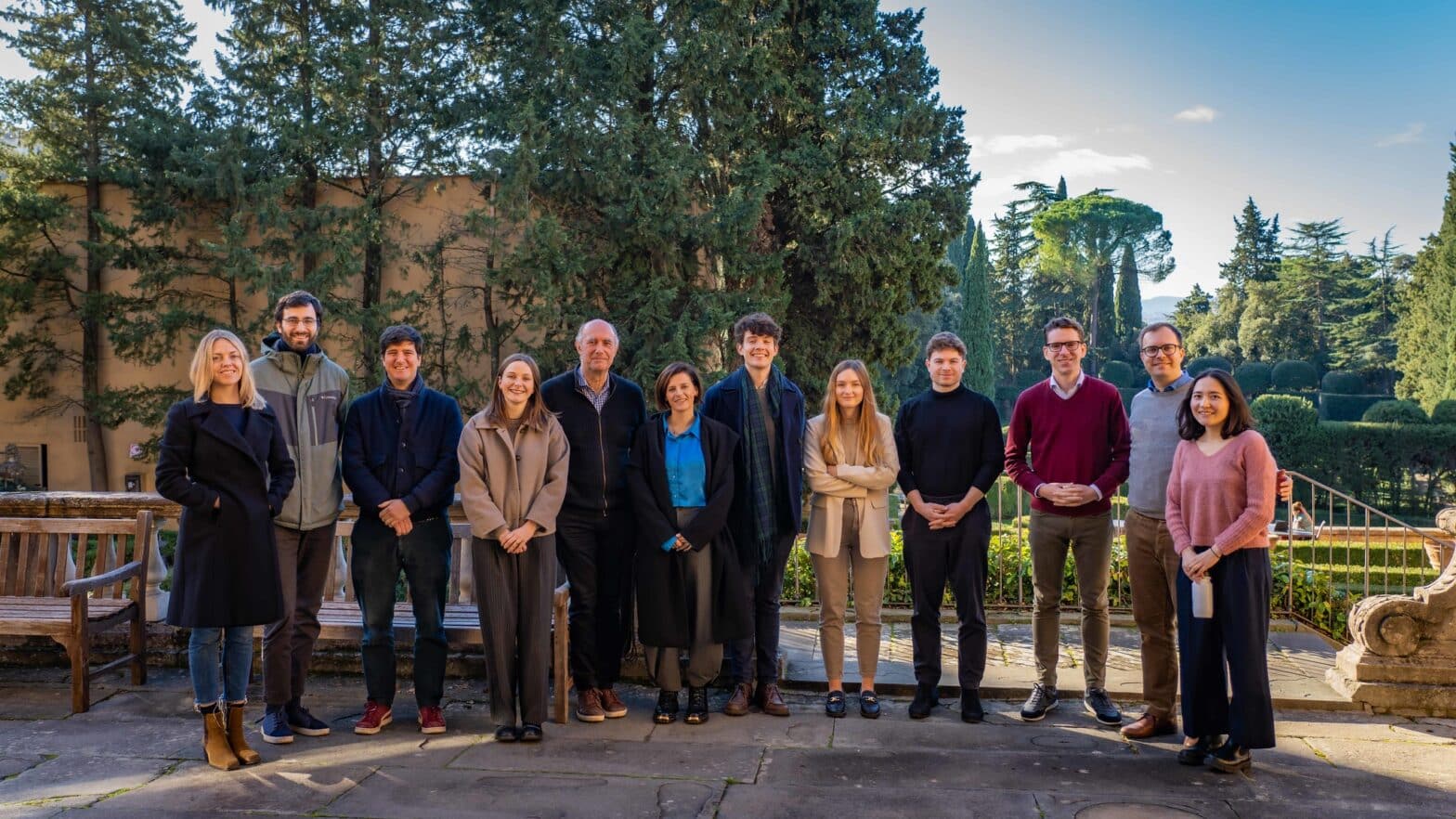Online workshop on Renewable Hydrogen

Registrations have been closed. The recording will be available on this page.
For any urgent matter, please contact the event coordinator, Chiara Canestrini.
Workshop Series on Hydrogen Technology
Two-hour online workshop to learn more about renewable hydrogen, in a new interactive format.
Following the first online workshop on Blue Hydrogen, the second online workshop moderated by Andris Piebalgs (FSR) will examine the potential for producing “green” hydrogen; the state of technology and industrial demonstration; current cost projections; what needs to be done to bring the technology to maturity.
Watch the recording:
Download the presentation
Wednesday 22nd April, 10.00 – 12.20
Moderated by Andris Piebalgs, Part-time Professor, EUI, and Christopher Jones, Part-time Professor, EUI
Pre-event poll: Which sector is the most perspective for the uptake of the renewable hydrogen?
10.00-10.05: Opening comments: Andris Piebalgs, Part-time Professor, EUI
10.05-10.25: Introductory Presentations
Patrick Child, Deputy Director General and acting Director, DG Research, European Commission
Klaus-Dieter Borchardt, Deputy Director-General, DG Energy, European Commission
10.25-10.40: Audience questions/discussion
10.40-10.50: Jorgo Chatzimarkakis, Secretary General, Hydrogen Europe
10.50-11.00: Dolf Gielen, Director, IRENA Innovation and Technology Centre
11.00-11.10: Daan Peters, Associate Director, Guidehouse
11.10-11.20: Oksana Dembitska, VP for Green Hydrogen, BP
11.20-11.45: Audience questions/discussion
Respondents
11.45- 11.55: Catrinus Jepma, Professor, University of Groningen
11.55-12.05: Ronnie Belmans, Professor, KU Leuven
12.05-12.20 Concluding remarks
Christopher Jones, Part-time Professor, EUI
Tudor Constantinescu, Principal Advisor, DG Energy, European Commission
Watch more:
Smart Sector Integration
It is widely accepted that renewable and decarbonised hydrogen will need to play a major role in the EU’s future decarbonised energy market. This understanding is at the very heart of the European Commission’s Smart Sector Integration initiative.
This initiative will cover a wide range of issues, including how to ‘kick-start’ the renewable and decarbonised gas market (in order to drive down costs and catalyze sufficient capacity in time for the 2050 decarbonisation deadline), how to link the RES and nuclear electricity and gas markets with one-another and the ETS (including notably through Guarantees of Origin), and how to ensure that the principles of the Internal Gas Market are retained, to mention but a few.
An evidenced-based approach is vital if the EU is to find a cost-effective and efficient answer to these issues. Fully understanding the costs (and future cost curves) and potential of the different emerging hydrogen technologies will be essential in order to enable the Commission to design such a proposal.
For example, unless we have a clear view on inter alia the following issues, it is not possible to determine how and when to support the development of an H2 industry, or how to ensure that any public support during the first years of development is best targeted:
- the likely costs of renewable and decarbonised H2, what needs to be done to get costs down, how mature are these technologies, how robust are future price curves?
- the ETS price at which consumers of ‘grey’ hydrogen today (such as fertilizer manufacturers) and high heat energy intensive industry (cement, steel, chemicals) as well as transport would be likely to switch to renewable or decarbonised hydrogen
- the potential for the different hydrogen technologies in terms of energy production, taking into account, for example, CCS availability, or the ability of the EU to actually produce the RES electricity necessary to meet its (future increased) electricity demand and also be used to produce renewable hydrogen.
- Decarbonised H2 from natural gas can be produced from stream methane reforming combined with CCs, or pyrolysis (where the CO2 is ‘compressed’ into solid carbon and stored or used by industry).
The Florence School of Regulation proposes two Online Workshops to examine and discuss these issues in depth.
Presentations
Don’t miss any update on our events
Sign up for free and access the latest events from our community.















